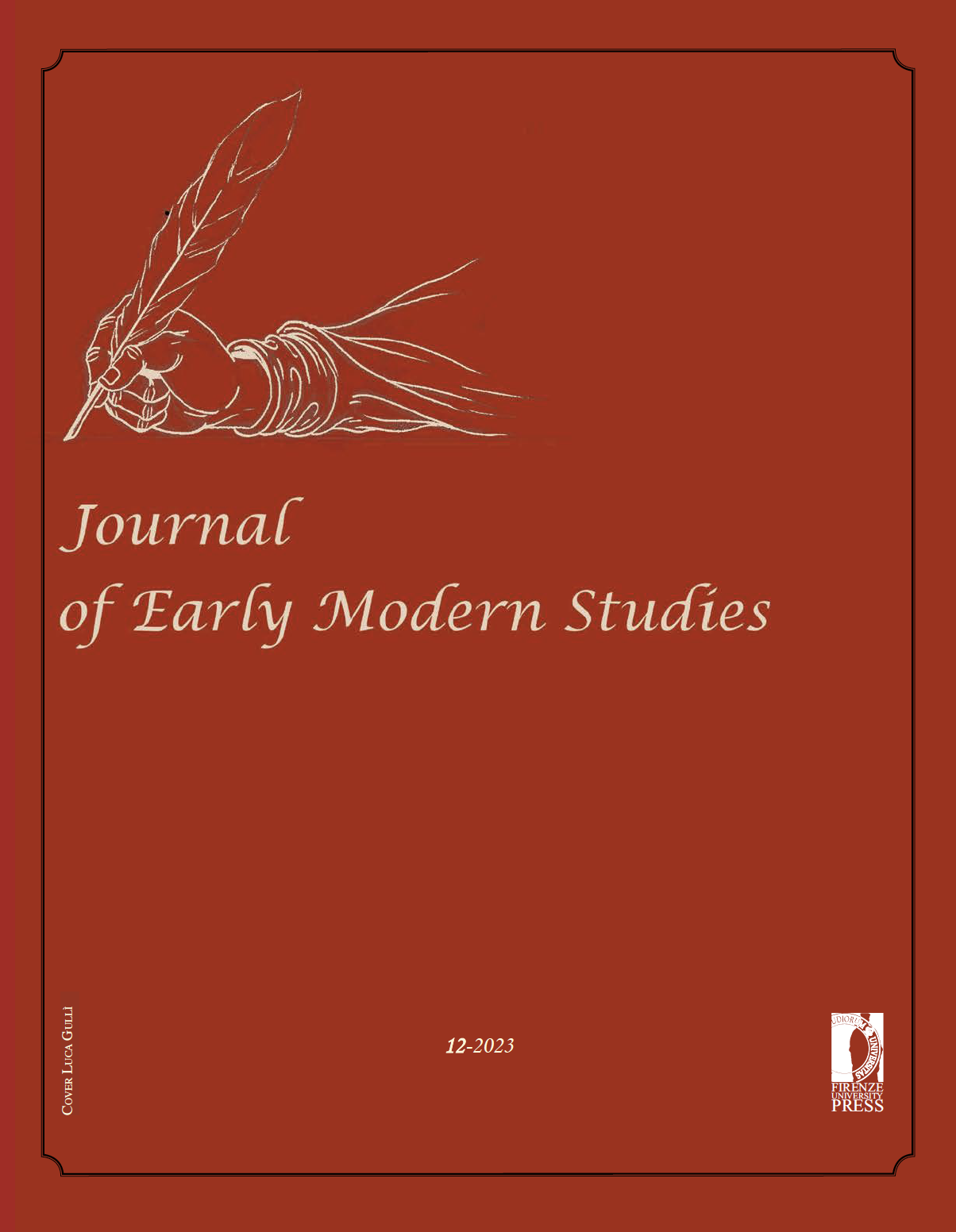Women Building the Colonial Archive: Legal Authority, Female Knowledge and Affective Mobility in the Sixteenth-Century Iberian Atlantic World
Published 2024-07-31
Keywords
- Affective Mobility,
- Atlantic World,
- Colonial Archive,
- Early Modern Women,
- Spanish Widowhood
How to Cite
Copyright (c) 2024 Juan Manuel Ramírez Velázquez

This work is licensed under a Creative Commons Attribution 4.0 International License.
Abstract
In the sixteenth century, the transition from medieval unity to an expansionist state brought broader legal access and the bureaucratization of the Spanish Empire, leading to a diversified legal engagement among social groups. This backdrop is crucial in understanding how women from various backgrounds utilized the legal system. The article examines a set of letters (1560-1562) written by a Spanish widow to her son in Mexico and three judicial cases (1552, 1561, 1569) filed by transatlantic white women of different socioeconomic statuses, all seeking economic improvement. Through these examples, the article explores how these women navigated the legal system using what I have called affective mobility in early modernity, employing emotional, rhetorical, and narrative strategies. Their stories, mirroring popular chronicles, challenged the male-dominated legal sphere. The article highlights the prominent role of women in the colonial archive, intertwining their experiences with men’s, demonstrating their use of personal details and honorable depictions for legal and economic benefits.

